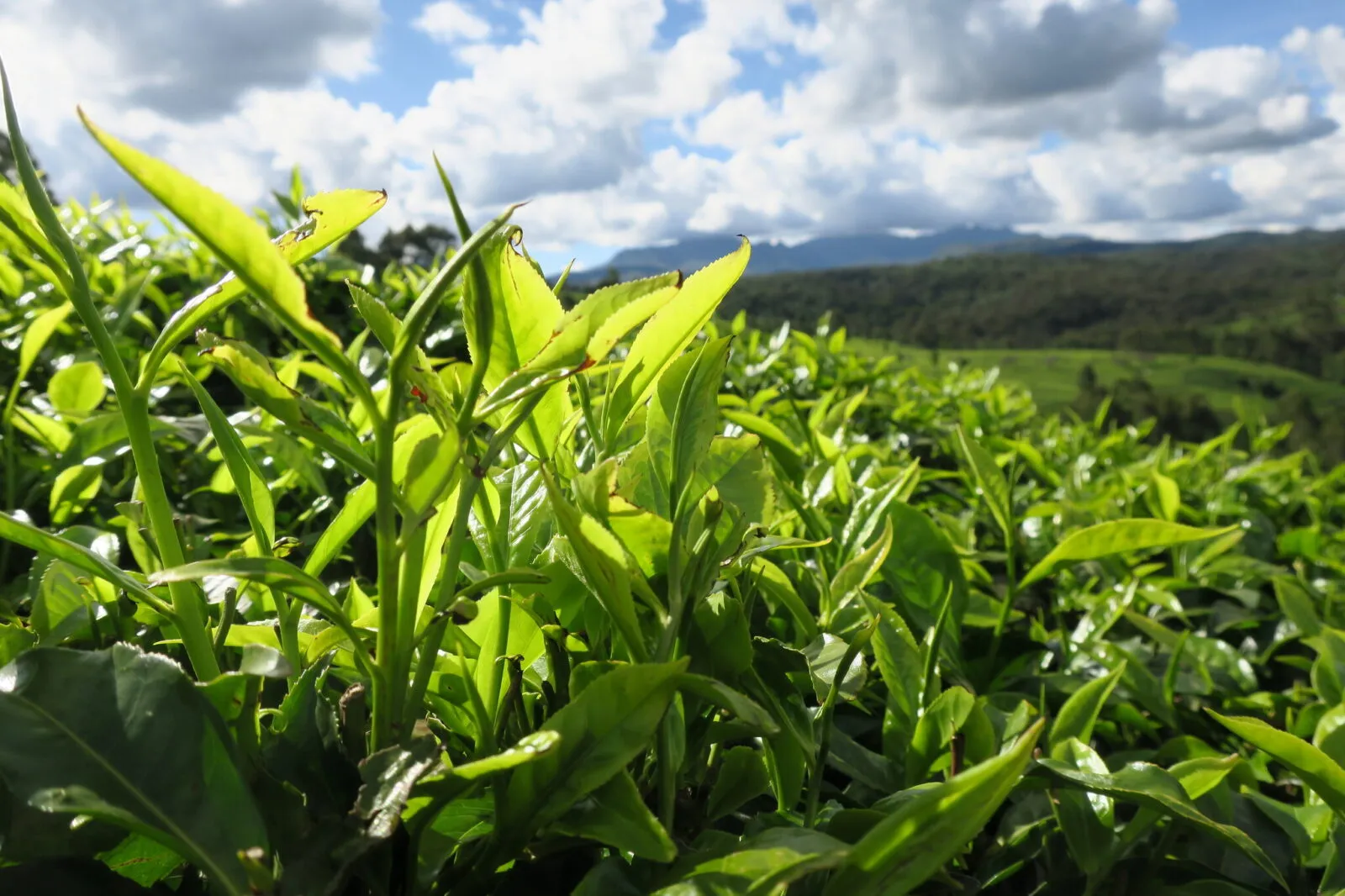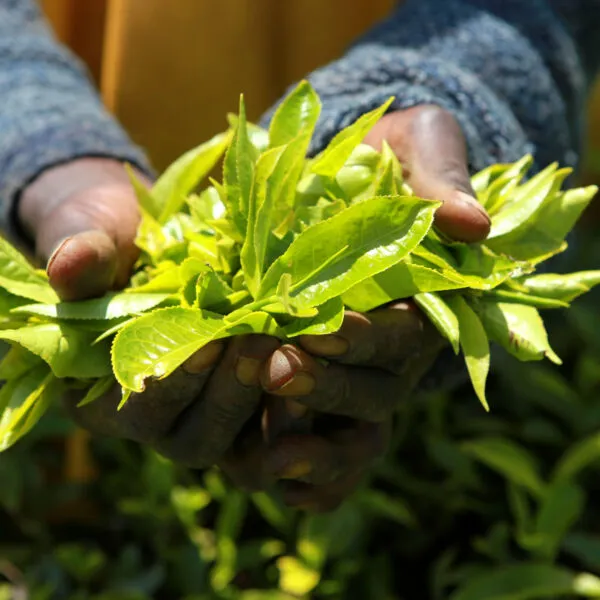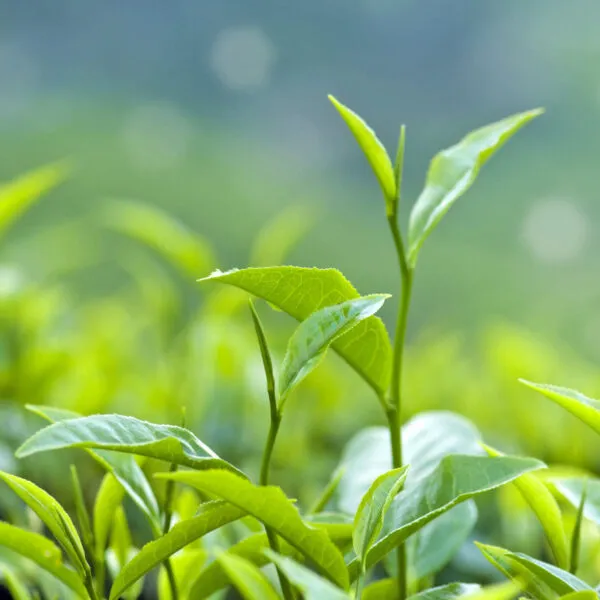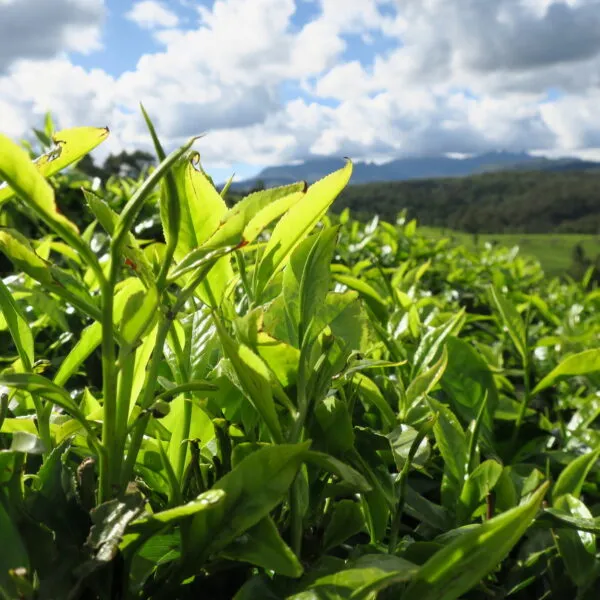Calls for across-the-board engagement to help stop sexual abuse and gender-based violence in Kenya and beyond.
Following the release of the BBC investigative documentary Sex for Work: The True Cost of our Tea, which highlights disturbing allegations and evidence of sexual abuse and gender-based violence in the Kenyan tea sector, the Rainforest Alliance expands upon its initial response with both short and long-term actions.
Our first concern remains for the protection and well-being of the victims of sexual abuse and gender-based violence, and for the protection and well-being of the thousands of women working in the tea sector in Kericho County, and other parts of Kenya. We believe the voices of victims and survivors must be heard above all others. While we are announcing initial plans, our long-term strategy will be informed by the women working in the tea sector in Kenya. The Rainforest Alliance will engage with women workers in key communities in Kenya, both directly and also through women-led organizations in the coming months to inform next steps.
The Rainforest Alliance remains committed to doing our part to help stop sexual abuse and gender-based violence in global supply chains. Tackling complex social and economic issues in Kenya and other tea producing countries requires cross-sector, coordinated and collective action. We support the urgent need for actions taken on a local and national level in Kenya, including the Kenyan Parliament ordering a full, immediate investigation, and local government calling on Kericho county health facilities to provide free and private counseling for the victims. These and other measures being proposed and/or mobilized are of the utmost importance.
We also believe that the challenges in Kenya present the urgent need for a #MeToo movement in the global agriculture sector – not only in Kenya but in other agricultural regions around the world.
While human rights violations of any kind will never be tolerated by the Rainforest Alliance, we have learned through many years of experience that simple prohibition is not enough. That approach too often can drive exploitative and illicit practices underground, making them harder to detect on certified farms. That is why our 2020 Certification Program includes an Assess-and Address approach and grievance mechanism for tackling human rights issues. This risk-based system focuses on prevention, engagement, and improvement and incentivizes farmers and companies to tackle human rights issues rather than hide them. It also requires farms and farmer groups to promote gender equality and women’s empowerment.
Our certification standard aligns with international frameworks including the International Labor Organization conventions, the UN Guiding Principles on Business and Human Rights (UNGPs), and the OECD Guidelines for Multinational Enterprises, and goes beyond simple prohibition to help identify and address the root causes of human rights abuses. Setting up robust Assess-and-Address and grievance mechanisms requires significant investment in resources, and this is where tea sector stakeholders, including brands and retail partners, should play their part. Learn more about our Assess-and-Address approach.
The Rainforest Alliance has now identified both short and long-term actions based on the BBC report and subsequent meetings with stakeholders, which include but are not limited to the following:
The Rainforest Alliance will begin including its Assess-and-Address approach, and the establishment of Grievance Mechanisms and Gender Committees in our landscape and communities programs in Kenya, building on learnings from our Assess-and-Address approach in certification. This is so that our landscape programs will include the same rigorous systems we require in our certification program, which is designed to protect and respect human rights and the rights of women.
The Rainforest Alliance is working with Civil Society Organizations (CSOs) to create and implement a joint action plan to tackle the root causes of sexual violence, ensure women have a safe working environment, and that governments, with help from civil society, provide the necessary support for victims of sexual violence and harassment in tea growing communities in Kenya. This joint effort builds on existing platforms and seeks to integrate local and national action plans to prevent redundant efforts.
The Rainforest Alliance will carry out investigation audits on the two Rainforest Certified estates that were highlighted in the BBC report, in Kericho County, Kenya in March 2023. An investigation audit is a standard procedure that the Rainforest Alliance undertakes after receiving credible complaints about certified farms – and it can result in a certificate holder having their certification status suspended pending remediation and a time-bound improvement plan. The audit team will also work with other ongoing investigations to consider their available input and learnings.
The Rainforest Alliance uses independent third-party auditors called certification bodies (CBs) in our certification program. We will reinforce our training for CBs on gender-sensitive auditing skills including cases of sexual and gender-based violence, and interview techniques. We will continue to work closely with them on the proper training of auditors, and best practices in auditing and detecting sexual harassment, exploitation, and gender-based violence in the workplace.
We will also coordinate with our Associated Training Network in Kenya and international CSOs, to implement need-based capacity building and training for committees, workers, communities, and farm management. This will build on best practices such as women supervisors, training for women on leadership functions, gender-balanced committees and gender-sensitive grievance mechanisms. We will also provide necessary training for male workers and management on the importance of positive masculinity.
The Rainforest Alliance is appalled and deeply saddened by the stories of the victims highlighted in the BBC report. The safety and wellbeing of women – and of all workers – is an integral part of our certification program, and our mission at large. The Rainforest Alliance Sustainable Agriculture Standard includes strict requirements on human rights and labor rights, which are based on the International Labor Organization’s Conventions, as well as the ILO (International Labor Organization) Violence and Harassment Convention, and the Convention on the Elimination of all Forms of Discrimination against Women (CEDAW).
The Rainforest Alliance aims to work with the full scope of actors across the supply chain in implementing these proposed actions so that we can reach a solution together. We believe that partnership and collaboration is more important now than ever as not one actor can solve these systemic challenges alone. This must be a joint effort if we are to drive positive change and help put an end to the rampant sexual abuse and gender-based violence in the Kenyan tea sector. We take our role in this context very seriously and remain committed to doing our part to improve conditions on certified farms for the thousands of women working in tea growing communities in Kenya, and around the globe.




